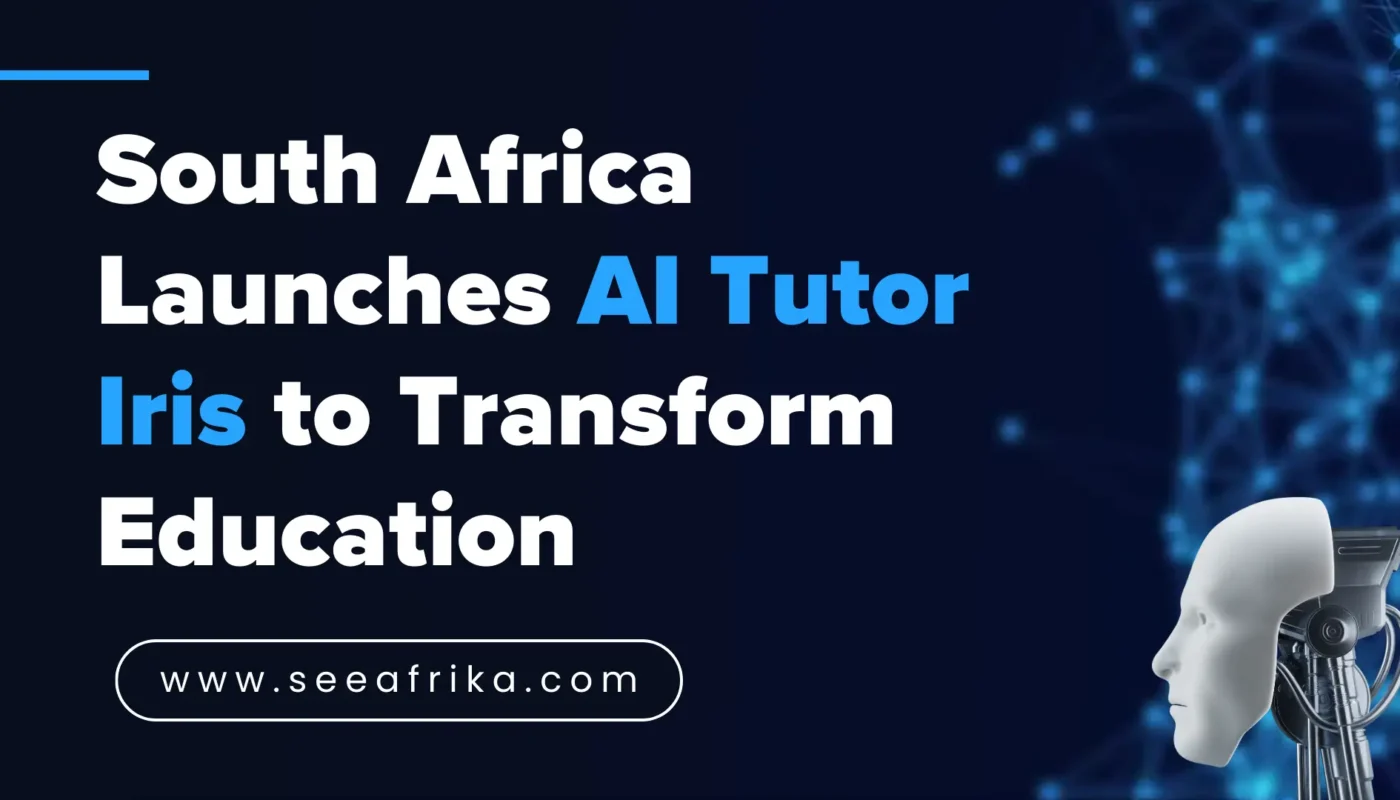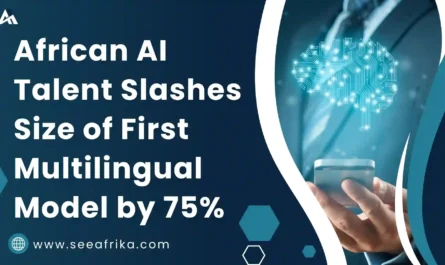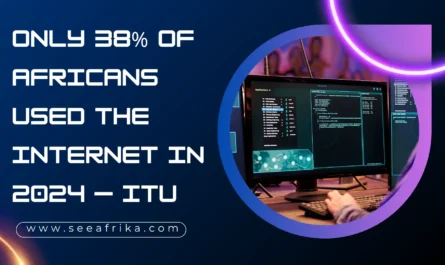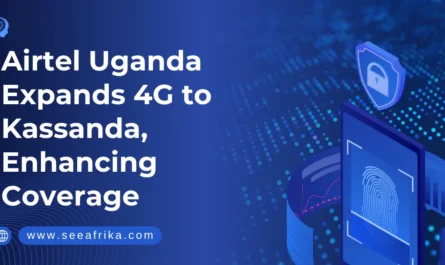South Africa has taken a bold step in education. The government has launched an innovative tool called AI tutor Iris. This new technology aims to transform the way students learn nationwide. The launch marks a significant milestone for digital education in Africa.
Nomalungelo Gina, the Deputy Minister of Science, Technology, and Innovation, formally unveiled a groundbreaking educational robot in Durban, promising to revolutionize the way students nationwide access and enjoy high-quality education. Iris was developed by Thandoh Gumede, a young Hluhluwe native and the founder of BSG Technologies. The first tutor robot in South Africa, Iris, is proficient in 11 of the nation’s official languages and can teach all courses from Grade R through university.
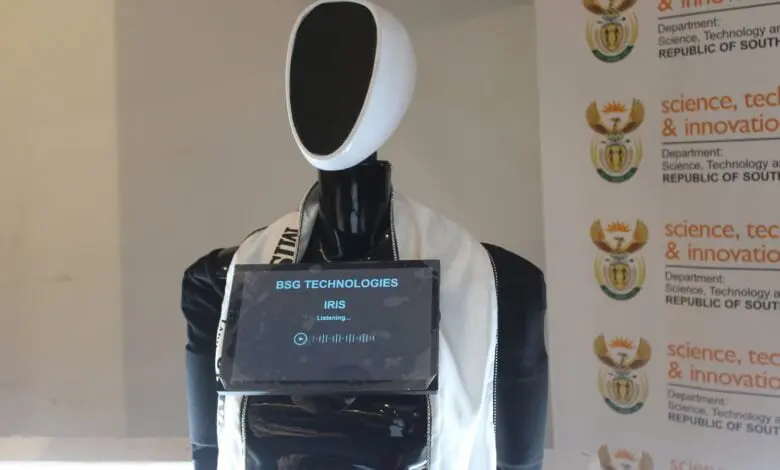
What is AI Tutor Iris?
AI tutor Iris is an intelligent tutoring system. It uses advanced artificial intelligence to help students understand challenging subjects. The system adapts to each learner’s pace and style. It offers personalized feedback and guidance. The goal is to make learning easier, more interactive, and more effective.
The AI tutor Iris platform covers a broad range of subjects. These include mathematics, science, languages, and social studies. It supports both primary and secondary education. Teachers can also utilise the platform to monitor student progress and pinpoint learning gaps.
How AI Tutor Iris Will Impact Education
South African education faces many challenges. Overcrowded classrooms, limited resources, and unequal access to quality education are significant issues. AI tutor Iris aims to address these issues by offering additional support to students. It acts as a virtual assistant, available 24/7, offering help whenever and wherever it is needed.
By personalizing learning, AI tutor Iris helps students stay engaged. It can reduce dropout rates and encourage a love for learning. For teachers, the tool reduces workload by automating routine tasks such as grading and lesson planning.
The Launch Event: A New Era for South African Schools
The official launch took place in Pretoria. Government officials, educators, and tech experts attended. The Minister of Education praised Iris as a “game-changer” for South Africa’s schooling system. She emphasized the government’s commitment to harnessing AI to improve education quality and accessibility.
Demonstrations showed how Iris interacts with students. It answers questions, explains complex topics, and suggests exercises tailored to individual needs. The live tests left the audience impressed with its accuracy and responsiveness.
“This will not only be used to teach children at school, but it will also inspire them to become familiar with technology, especially in rural areas,” said Gina.
AI Advancement in South Africa
South Africa is becoming a leader in artificial intelligence development in Africa. Investment in AI research, innovation hubs, and tech startups continues to grow. Universities and private companies collaborate to explore the potential of AI across various industries.
The launch of Iris represents the country’s progress in applying AI to real-world problems. Education is just the beginning. Experts predict AI will revolutionize healthcare, agriculture, finance, and government services as well.
Related:
Challenges and Solutions
Introducing AI in education comes with challenges. Internet connectivity and device availability continue to be hurdles in rural areas. To tackle this, the government plans to distribute low-cost tablets preloaded with Iris software. Partnerships with telecom companies aim to improve network access in underserved regions.
There are also concerns about data privacy and security. The Iris system adheres to strict data protection laws and regulations. Student information is encrypted and used only to enhance learning experiences.
Teachers’ Role in the AI Era
Iris will not replace teachers. Instead, it will assist them. Educators can focus more on creative and emotional aspects of teaching. The platform provides insights into student performance, enabling targeted interventions.
Teachers receive training on how to effectively integrate AI tutor Iris into their classrooms. This blended learning model combines traditional methods with AI-driven support. Mbongiseni Mazibuko, the provincial department of education’s deputy director-general for curriculum management and delivery, stated that:
“Technology is not here to replace teachers, but rather innovations like IRIS will be part and parcel of the future of teaching and learning.”
Student Reactions and Early Feedback
Pilot programs in selected schools showed promising results. Students reported higher motivation and improved grades. They appreciated the instant help and interactive lessons.
Parents expressed optimism about the future of education. They believe AI tutor Iris can bridge educational inequalities and unlock their children’s potential.
Future Prospects for AI Tutor Iris
The government plans to roll out AI tutor Iris nationwide by 2026. Continuous updates will introduce new functionalities. Developers aim to incorporate virtual reality and gamification techniques to enhance engagement.
South Africa’s vision includes exporting AI tutor Iris technology to other African countries. This could foster regional cooperation and uplift education standards continent-wide.

